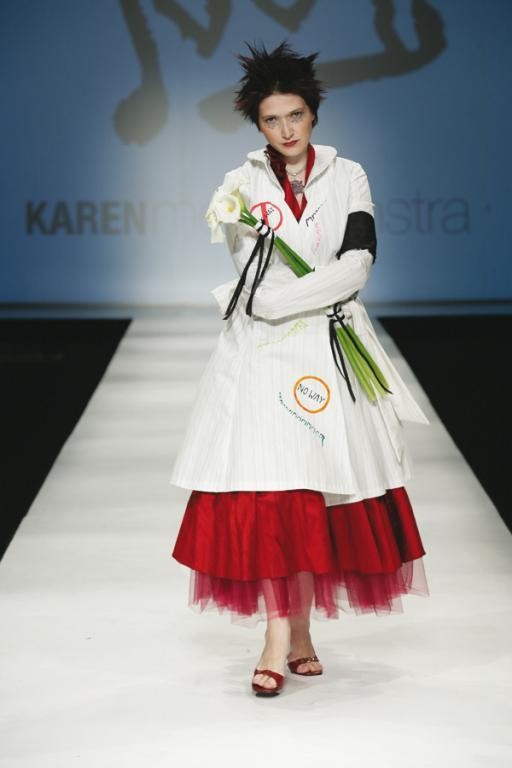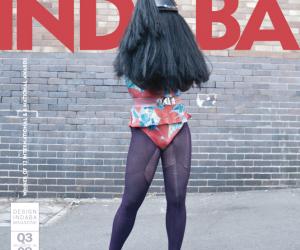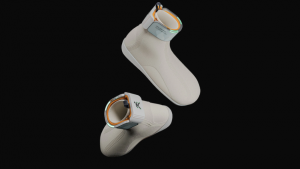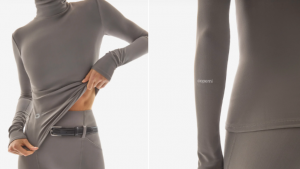First Published in

How do a trade union and manufacturers respond to the massive import penetration of local markets? They turn to fashion promotion, showcasing the country's best design to make the case for the industry. Grabbing the general public's attention in May, the SA Clothing and Textile Workers' Union (SACTWU) took the Cape Town Fashion Festival to the streets.
"Fashion can be used as a vehicle to combat poverty and social disintegration as it has the potential to create decent work. But that is a policy choice we must make, from what consumers buy to where retailers source. Behind the fun, glamour and images, there is a serious business and a major employment opportunity and reality. By raising awareness of the industry's strengths and competitive advantages, the festival hopes to serve as a stimulant for its growth," said Ebrahim Patel, SACTWU general secretary and convenor of the festival.
"Every R1 million of sales in the clothing sector creates 11 jobs compared with five jobs in gold mining for the same amount of sales. The sector also has significant benefits for gender equity as the industry is a major employer of women," continued festival coordinator Etienne Vlok.
Aiming to profile, position and create buzz around the South African clothing, textile, footwear and leather industry, the festival included a catwalk with members of the factory unions as models in the Company Gardens, fashion shows in Cavendish Square and the Promenade Shopping Centre in Mitchell's Plain, a heavy-weight business imbizo targeted at investors, the country's largest ever SETA graduation, and the prestigious Cape Town Fashion Awards.
Participating designers included I Love Leroy, Story, Superella, Mantsho, Coppelia, Colleen Eitzen, John Sithole, Tiaan Nagel, Marion and Lindie, Jenni Button, Adam and Eve, Bongiwe Walaza, Lunar, Amanda Laird Cherry, Flava, Soulchild, and Blackbeard and Dare.







